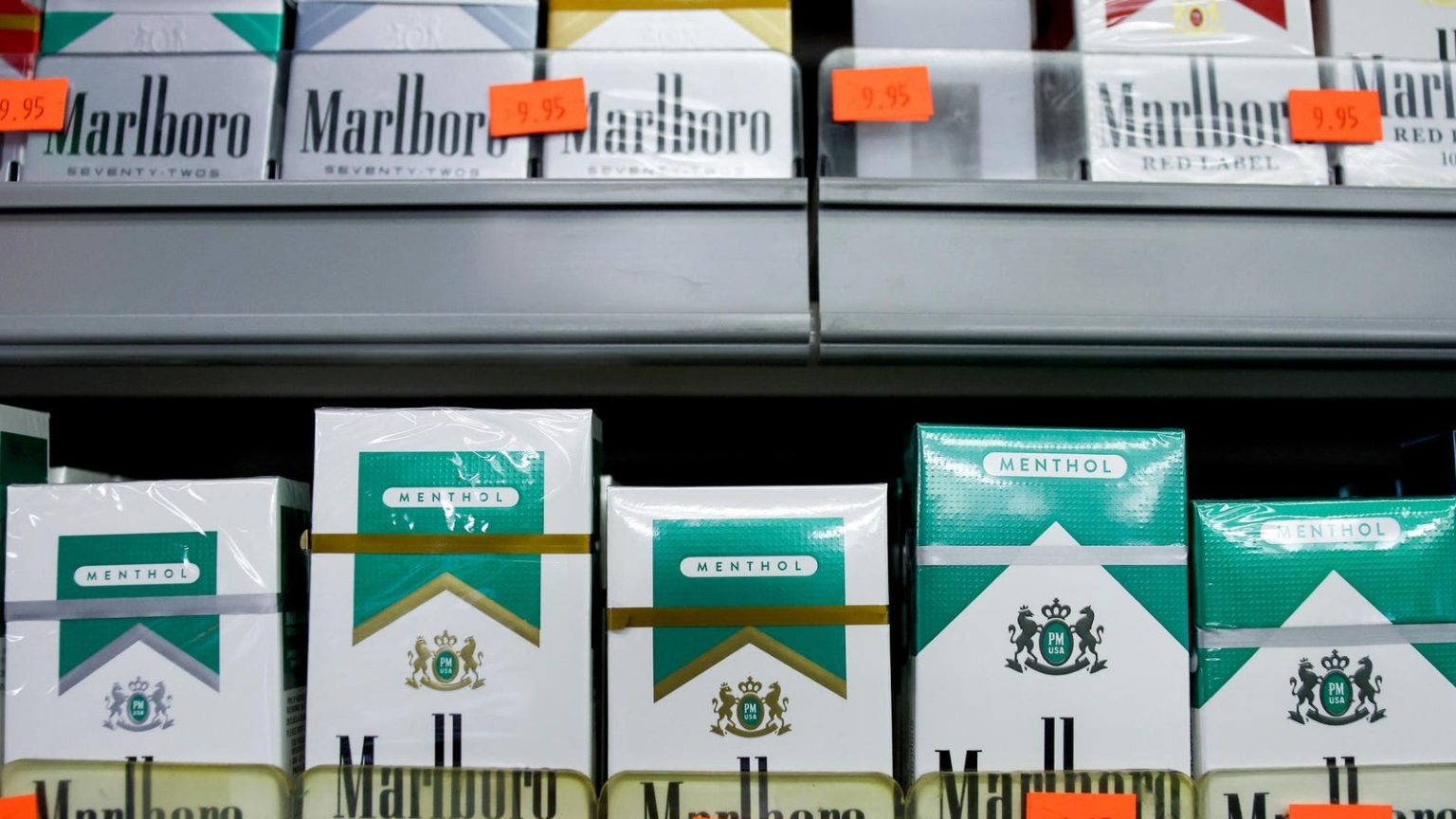Health and Human Services Secretary Xavier Becerra announced on Friday that the Biden administration’s proposed ban on menthol cigarettes will take more time to finalize, citing the need for further conversations following significant feedback during the public comment period. The timetable for enacting the ban remains unclear, and the administration did not provide any additional comments beyond Becerra’s statement. This announcement comes after reports that the administration was considering dropping the ban completely, sparking disappointment among public health groups.
Public health groups, including the American Cancer Society Cancer Action Network, expressed disappointment with the administration’s decision to delay the ban on menthol cigarettes. They believe that this inaction benefits Big Tobacco, which continues to target Black communities and younger generations with aggressive marketing tactics. American Cancer Society CEO Dr. Karen Knudsen emphasized that there is no scientific justification for allowing the sale of menthol cigarettes and called for immediate action to address this public health concern.
The FDA formally proposed a ban on menthol cigarettes and flavored cigars in April 2022, with a final rule intended to be in place by August 2023. However, the timeline for implementation has been repeatedly delayed, with the latest deadline missed in March. Menthol cigarettes have been a contentious issue, as they were excluded from the ban on all other flavored tobacco products in 2009. The FDA notes that big tobacco companies heavily market menthol cigarettes to minority communities, particularly Black smokers, with 85% of Black smokers using menthol cigarettes compared to 30% of white smokers.
In an unexpected turn, the FDA banned Reynolds American from selling menthol-flavored e-cigarettes under its Vuse Alto brand in October, indicating a shift towards stricter regulations on flavored tobacco products. Despite this action, the delay in implementing the ban on menthol cigarettes has drawn criticism from public health advocates who argue that further inaction will only perpetuate the disproportionate impact of menthol cigarettes on marginalized communities. Legal challenges are anticipated once the ban is finalized, further complicating the timeline for addressing this public health issue.
Earlier this month, three public health groups filed a lawsuit against the FDA, alleging that the agency failed to follow through on its own menthol cigarette ban. The lawsuit reflects the growing frustration among advocates who are calling for immediate action to curb the harmful effects of menthol cigarettes on public health. As the Biden administration grapples with the decision to delay the ban on menthol cigarettes, there is increasing pressure to address the disparities in tobacco marketing and consumption that disproportionately affect minority communities. The ongoing debate on menthol cigarettes underscores the complex intersection of public health concerns and regulatory challenges facing the administration in its efforts to promote health equity and combat tobacco-related harm.


